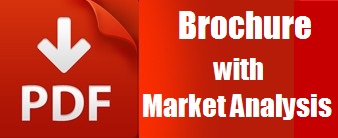
Maria Luisa Baiño-Salingay
IHE-Delft and Technical University of Delft (TUDelft), Netherlands
Title: Pesticide Knowledge and Safety Practices among Farmers in Developing Countries: Case study in Philippines and Vietnam
Biography
Biography: Maria Luisa Baiño-Salingay
Abstract
Developing countries in Southeast Asia, are facing the challenge of the ASEAN Vision 2020 to produce quality agricultural products that will cater not only to its local consumers but to approximately 600 million people across ten ASEAN nations. Agricultural expansion through land conversion were intensified in developing countries experiencing rapid economic growth, especially those with transition in the economic structure. To obtain high yield and quality agricultural production, pesticides are used by farmers. It cannot be denied that pesticides provide huge benefits to people and the country’s economy by preserving agricultural products and control infestations. However, the potential to cause harm to human and the environment if mismanaged and overused are not fully understood even by the end users, the farmers. Despite economic gain, there is always a trade-off. It is not also well established that even small amount of pesticides, especially the banned pesticides, can give chronic effects to human. What is more alarming, banned pesticides in Europe and the US are still used and available in the market in the Philippines and Vietnam. These banned pesticides can biomagnify in the food chain and human body. Even when pesticides are developed with strict guidelines for a very reasonable purpose, the application and management of pesticides should be done with many precautionary measures.This research then aims to bridge the gap of knowledge on the long term effects of pesticide exposure to human health

